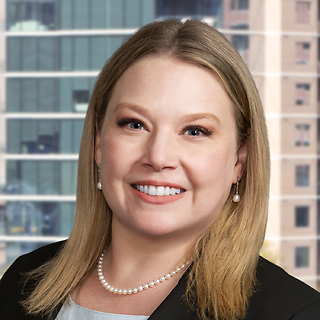The “water damage” exclusion, which applies to a loss caused by “water which backs up through sewers or drains” plagued New Yorkers for decades, until Pichel v. Dryden Mutual Insurance Company, 117 A.D.3d 1267 (3rd Dept. 2014). In Pichel, the insured was an owner of an apartment building and brought an action against its property insurer after a denial of coverage for a flood that occurred in the basement apartments from waste water entering the buildings through toilets, bathtubs, condensation drains, and laundry room drains. The insurer cited the water damage exclusion which excluded coverage for “water which backs up through sewers or drains.”
The second exclusion cited by the insurer was the “water damage” exclusion which stated there was no coverage “for loss caused by repeated or continuous discharge, or leakage of liquids or steam from within a plumbing…system.” This exclusion also stated defendant does “pay for loss caused by the accidental leakage, overflow or discharge of liquids or steam from a plumbing…system.”
The court concluded that the provisions cited by the insurer were ambiguous or subject to multiple reasonable interpretations, therefore, such ambiguities are resolved against the insurer. Matter of Progessive Ins. Co., 39 A.D.3d 1121, 1122 (3rd Dept. 2007). In coming to this conclusion, the court cited to numerous jurisdictions that followed the premise:
“[T]hat water damage caused by a backup/overflow that originates from a pipe or clogged drain located within the insured’s property line comes from the insured’s plumbing system and is covered by the policy; conversely, if the cause of the backup/overflow is from outside the insured’s property boundaries—such as a clogged municipal sewer that forces water from outside the insured’s plumbing system to overflow—the sewer or drain exclusions is applicable.” Pichel at 1269.
An important note the court added was that defendant failed to establish that its interpretation is the only fair interpretation of the two provisions. The court ultimately denied plaintiff’s summary judgment motion because they could not prove where the clog that caused the damage occurred. The court found that “the dearth of admissible evidence showing ‘the actual cause of damage’ warranted denial of plaintiff’s motion for partial summary judgment on the issue of liability.
For my first quote of the year I went with a professional author, Melody Beattie, with her inspirational quote: “The new year stands before us, like a chapter in a book, waiting to be written. We can help write that story by setting goals.” Set goals for yourself this year to be a better person in every aspect of your life. If you do, 2017 can be your year.



